Is America trapped in a cycle of political violence? It certainly feels like it.
In the span of just over a year, the U.S. has seen assassination attempts, some successful, against President Donald Trump, lawmakers from Minnesota and their spouses, the CEO of UnitedHealth and most recently, Charlie Kirk, a conservative activist and close Trump ally who was shot dead on Wednesday during an event at Utah Valley University. These attacks seemingly know no political or geographical bounds: They happen to figures on the left and right, in cities and states all across the country, both in private residences and in public spaces.
Kirk’s death feels particularly shocking because of the circumstances: He was a young, charismatic political celebrity beloved by the conservative movement. He was a public figure but not an elected official. And his death happened in front of a crowd of about 3,000 people, who witnessed the bloodshed and seemingly fled for their lives. In the aftermath, it’s natural to ask, what comes next? Is the United States facing more attacks, more recrimination, more assassinations?
To better understand if and how to quell this surge, POLITICO Magazine reached out to political violence experts, both in the U.S. and abroad, many of whom have for some time been sounding an alarm around the trend of increased violence.
Here’s what they said.
‘Pouring poison into the public well’
BY SEAN WESTWOOD
Sean Westwood is an associate professor in the Department of Government at Dartmouth College and director of the Polarization Research Lab.
The aftermath of a political assassination tests a nation’s democratic health by revealing the character of its political elites. After the 2024 assassination attempt on then-candidate Donald Trump, leaders from both parties cooled the national temperature, issuing unified condemnations that reinforced the taboo against violence. Today, in the wake of Charlie Kirk’s murder, key political figures are doing the opposite. Instead of seeking unity, we are witnessing the cynical minting of a martyr and a call to fight. Instead of shared grief, there are accusations of collective guilt, painting half the country as murderers. This dynamic is not exclusive to one party; a moment of silence in the House for Kirk degenerated into a shouting match. Our political leaders are pouring poison into the public well.
To be clear, a mass movement of political violence is not happening. For the past three years, I have tracked public support for political violence, and the data are unequivocal: fewer than 2 percent of Americans believe political murder is acceptable. The core problem is not a widespread desire for violence, but a profound misperception of the other side. My data also show that Americans estimate nearly a third of their political opponents support partisan murder. This belief that one is facing a vast, murderous faction — rather than a few isolated extremists — creates a phantom enemy that makes the country feel far more dangerous than it actually is.
This climate of fear provides the context for the rise in the murder of public officials, attacks on Jews, threats toward election workers and attacks on government facilities. While this trend is serious and dangerous, it is one of individual radicalization, not a coherent mass movement. It is a whisper aimed at the unstable man in his basement — validating his terror of a murderous opposition and giving his private rage a public warrant.
The burden of halting this slide toward radicalism does not fall on ordinary Americans, who already find violence repulsive. It falls on the political leaders who profit from the fury. The incentives of modern politics reward extremism; fundraising, media attention, and base mobilization are all tied to high-stakes, apocalyptic language. The long-term cost — the steady erosion of democratic stability — is an externality that leaders seem willing to ignore. They can continue to stoke the fire for one more election cycle, or they can finally decide that the country they wish to lead is worth saving from the flames. I am not optimistic that, in the short term, they will make the right call.
‘Political violence is not random’
BY BARBARA WALTER
Barbara Walter is the Rohr Professor of International Affairs at the School of Global Policy and Strategy at UC San Diego. Her most recent book is How Civil Wars Start and How to Stop Them.
Political violence is not random. Research shows it becomes far more likely under four conditions: when democracy is declining rapidly, when societies are divided by race, religion or ethnicity, when political leaders tolerate or encourage violence, and when citizens have easy access to guns. The United States checks all four boxes and none of them are getting better. Violence also tends to spike around elections, which means the coming contests in 2026 and 2028 are poised to be flashpoints.
The avenues for prevention look bleak. Democrats haven’t had the votes — or the courage — to strengthen democratic institutions. Republicans benefit from the current pseudo-democratic system and have no incentive to reform it. The racial divide has narrowed somewhat, but not enough to defuse conflict. Trump and other MAGA leaders rely on threats and violence to stoke fear, and Congress remains paralyzed on gun control. All of this points toward things getting worse, not better.
But there is one place where real progress is still possible. Most acts of political violence in America over the past two decades have been carried out by lone actors — young men radicalized online. The radicalization pipeline runs through a handful of American tech companies that remain almost entirely unregulated. If lawmakers were willing to curb the algorithms that amplify conspiracy theories, disinformation and hate, they could weaken the pipeline feeding violent extremism. After Charlie Kirk’s assassination, that may be the single most immediate lever left to pull. The question is whether America has the will to pull it before the violence grows worse.
‘The norms inhibiting such violence are becoming increasingly weak’
BY JOEL BUSHER
Joel Busher is professor of political sociology at the Centre for Peace & Security, Coventry University, Coventry, U.K.
Charlie Kirk’s assassination provides yet further evidence of the alarming rise of political violence in the United States. It shows that the norms inhibiting such violence are becoming increasingly weak, while those promoting such violence are becoming more embedded. It will doubtless be tempting for some in and around the current administration to call for crackdowns on “the radical left,” and to claim that this attack is simply an extension, and a direct product, of broader movements critical of the government. Such a response, however, both misunderstands how political violence escalates and, tragically, is likely only to lead to further violence.
Experiences elsewhere show how difficult it is to slow down such cycles of political violence, but that it is not altogether impossible. To achieve this, two things are likely to be particularly important. First, political and civil society leaders from across society need to work together to re-establish norms that inhibit violence. Robust criticism and condemnation is needed of all such violence, regardless of political stripes or putative causes. This, of course, is difficult in a context where criticism of political violence has for some time now run along partisan lines.
Second, it is crucial to acknowledge that this violence is not limited to one particular segment of society — this is not a problem of one violent movement, but of a social and political system that, as a whole, is increasingly conducive to violence. That is a hard point to sell to any political base, particularly when people are hurting and understandably feel outrage, but it is essential if the United States is to avoid an intensification of its current violence escalation cycle.
‘Individual attacks without a partisan motivation or trend’
BY CLIONADH RALEIGH
Clionadh Raleigh is CEO of Armed Conflict Location and Event Data, a non-profit organization that specializes in the real-time collection, analysis and mapping of data on political violence and protest events around the world.
The assassination of a high-profile political figure like Charlie Kirk marks a continuation of the trend toward lone-actor violence, rather than the emergence of organized political conflict or even partisan conflict. The U.S. has a concentration of serious violence in individual attacks without a partisan motivation or trend. The perpetrators and victims of school shootings, racially motivated assaults, and targeted killings of political leaders, corporate executives, and public officials are not partisan or even coherently political. Because the murders are not motivated by a shared political agenda, they are a manifestation of the U.S.’s unique vulnerability to individualized violence in a polarized, heavily armed society.
U.S. extremist groups that do share an agenda — whether white nationalist networks, “prepper” circles, or militias — still exist, but they are fragmented, weak, and more performative than dangerous. In this sense, Kirk’s assassination should not be read as the spark in civil war or insurgency because it, like many other recent U.S. attacks, is not in service to a political agenda or organization.
This suggests that the U.S. is not heading for mass organized political violence. Instead, its challenge is preventing sporadic, individualized violence from becoming normalized as the price of political life. The task is not insurmountable, but it requires sustained investment in security, social resilience, and public health.
Organized extremist groups can be successfully suppressed through investigation and prosecution — as demonstrated after January 6th, when militia-style networks were significantly disrupted. But, preventing lone-actor attacks requires a different and coordinated approach. These attacks are made lethal by two factors: the wide availability of firearms and the prevalence of untreated mental health crises. Policies that drastically reduce access to high-capacity weapons, expand the abilities of police and courts to identify and restrict dangerous individuals, and strengthen protective intelligence around political figures can lower the risk. Community-level interventions appropriate to minimizing and detecting isolation, radicalization and countering extremist messaging online are also crucial.
‘Political violence often begets more political violence’
BY ERICA FRANTZ
Erica Frantz is an associate professor in Political Science at Michigan State University.
Charlie Kirk’s assassination is a national tragedy. Sadly, it is not an isolated incident. It follows a string of other shocking acts of political violence. These horrific events are part of a broader pattern of political violence in the U.S. that began with the insurrection at the Capitol in 2021.
Unfortunately, what has transpired is consistent with what the latest research would expect. As colleagues and I have written elsewhere, ruling party personalism — where the party exists as a vehicle to further the leader’s career rather than advance a clear policy platform — is harmful for democracy. With personalist parties, elites get in line behind the leader rather than speak up against abuses of power. Party elites condone the leader’s behavior, sending a message to ordinary citizens who support the party that nothing is wrong. Our evidence shows that this, in turn, shifts party supporters’ understanding of what “healthy” democracy means, making them more likely to justify the use of political violence, particularly in elections in which the party loses.
Political violence often begets more political violence, as we have seen in the U.S., setting in motion a vicious cycle. Putting an end to the cycle requires a top-down effort to rewrite the narrative of how politics works in the U.S. and restore a shared understanding of what healthy democratic norms of behavior mean.
‘More people will conclude that political violence can be justified’
BY SOLVEIG HILLESUND
Solveig Hillesund is a postdoctoral fellow in the Department of Political Science at University of Oslo, Norway.
While no society, democratic or not, can insulate itself completely against individuals that decide to pick up a weapon and attack a politician, the fact that levels of political violence vary widely between countries and over time suggests there must be things that can be done to rein it in. There’s one general point that comes out of my own and others’ research on political violence: people’s perceptions of the political system matter.
Research on collective political violence tells us that while grievances can motivate political violence — especially when they are collective and shared by people with strong group identities — they usually do not. How grievances are expressed or manifested in the political arena depends on how groups and individuals perceive the political opportunity structure. If an organized group of people come to believe they cannot succeed through electoral politics or put sufficient pressure on authorities with nonviolent protest, they are more likely to opt for collective violence. The same is true for individuals’ support for violence. People who do not see the political system as responsive to them are more likely to channel their grievances and anger into support for violence. On the other hand, if individuals and groups have faith in their political system’s responsiveness (what scholars call “high political efficacy”), they are more likely to channel their anger through existing political avenues. When my co-author, Karin Dyrstad, and I studied support for political violence in post-conflict societies a few years back — using survey data from Northern Ireland, Guatemala and Nepal — we found the lowest support for violence in Northern Ireland, which also had the most responsive political system, and the highest level of political efficacy among the three.
This research, while not specific to the U.S. or to political assassinations, indicates that the cycle of political violence will continue (or escalate) unless aggrieved people’s faith in the political system can be restored. In American National Election Study surveys, a large share of Americans respond that they agree with statements like “public officials don’t care much about what people like me think,” suggesting they have low political efficacy. Restoring faith in the system would mean making people feel that their voices matter to those in power. People need to believe that at least some channels of political voice and influence are open to them and can be effective: fair elections, party and organizational work, contact with their elected representatives, petition signing and other conventional forms of political participation; or protest and other legal, non-institutional means.
If all peaceful avenues appear closed, inconsequential, or carry substantial personal risk, more people will conclude that political violence can be justified. This all points to the importance of upholding and strengthening responsive and effective institutions in ways that are visible and credible to ordinary people.
‘We do not have to accept this climate as our new normal’
BY SHANNON HILLER
Shannon Hiller is executive director of the Bridging Divides Initiative at Princeton University, which tracks political violence in the United States.
The United States is facing an extremely complex risk environment for political violence. In addition to the series of recent assassinations and attacks, threats of political violence are on the rise: Our team at Princeton University’s Bridging Divides Initiative tracked over 250 threat and harassment incidents against local public officials across more than 40 states during the first half of 2025, marking a 9 percent increase from the same time period in 2024. Similar trends have been documented for state and federal officials, including judges.
Our research shows that high-profile incidents like assassinations can have a chilling effect on civic engagement among officials and communities more broadly. For example, local elected officials surveyed by BDI and CivicPulse in the aftermath of the Trump assassination attempts reported a significant increase in levels of worry about hostility, which is linked to reduced willingness to run for re-election, work on controversial topics, or participate in public events. Officials shared similar stories with us during interviews held over the last two months, in the aftermath of the Minnesota assassination and shootings.
While the specific factors leading individual perpetrators to attack are often complicated, we know this overall climate of hostility contributes to closing off civic space and blocking opportunities for constructive dialogue, raising the risk for further violence.
But we do not have to accept this climate as our new normal. Kirk’s assassination is another inflection point for the safety of our communities and the health of our democracy. To break the cycle of escalation, leaders have to refuse calls for retribution and refrain from normalizing violence. At the local level, our survey finds that threats cut across party lines, and polls consistently indicate that the vast majority of Americans reject political violence. There is an opportunity for cross-partisan efforts to lead us out of this spiral, and to institute common-sense policies that mitigate the risk of harm in the short term while building toward sustainable community safety solutions for the long term. Our leaders need to take this opportunity to unite around responses that can make all Americans safer, rather than blame whole segments of society or weaponize this horrific attack to create further division.
‘Glorifying these attacks threaten to normalize them’
BY DALYA BERKOWITZ
Dalya Berkowitz is a senior research analyst in the Democracy, Conflict and Governance Program at the Carnegie Endowment for International Peace.
We could be headed for a cycle of tit-for-tat violence in the U.S. that we haven’t seen, at least in decades. Historically, violence against people most often comes from the far right, while violence against property more often comes from the far left. If we begin to see attacks against people from the left as well (as has yet to be determined in Kirk’s case), I worry that this violence will spiral, and we will not reestablish a norm of nonviolence in the United States for decades to come.
The rhetoric justifying these actions is destructive to our democracy. Research on political leaders’ incendiary rhetoricsuggests it may direct violence against targeted groups. And social media posts glorifying these attacks threaten to normalize them. This kind of rhetoric helps violent people justify their actions.
These attacks occur in a context of national guard deployments––which we may see more of––and government funding cuts to programs and agencies dedicated to combating domestic terrorism and political violence.
While our response must unfortunately include increasing hard security and community safety measures for political actors, public officials and judges, we also must condemn these acts within our own personal communities and demand that our leaders do the same. Political and civic leaders must join together across political divides to discourage incendiary rhetoric and violence and affirm to the public that this is not how we settle our often deep and serious disagreements. We make our voices heard through our votes, protests, debates, through running for office, speaking with our elected officials and working within our communities. Regardless of our opinions of Kirk’s politics, we should condemn the act of violence committed against him. If we instead condone this violence, this is the country we become, and it will not easily or quickly be undone. And none of us will have a say in who is safe from the next attack.
‘This is now the watershed moment’
BY ROBERT PAPE
Robert Pape is a professor of political science at the University of Chicago who has studied political violence for 30 years.
The Charlie Kirk assassination death is tragic but predictable. I published an op-ed in June in the New York Times saying we were on the brink of major political violence. And this is exactly the kind of political violence I was warning about. And unfortunately, exactly what I was worrying about is coming to be.
The very first thing to see is that this is not a case where this was completely unpredictable. There are actual causes of what's driving this violence. For the last three years, we have seen political assassination attempts on both the right and the left: Supreme Court Justice Brett Kavanaugh, Democratic Speaker of the House Nancy Pelosi, assassination attempts against Donald Trump, just to name a few. And what you are seeing is that this trajectory is getting worse, and it is now absolutely crucial that our Democratic and Republican leaders take extraordinary efforts in order to stem the tide, because left to its own devices, this will just continue to get worse.
What we need is all Democratic leaders in the country — that's all Democratic governors, every Democratic member of Congress — to give a full-throated condemnation of political violence. We need all Republican leaders in the country — governors, not just the president, every Republican member of Congress — to urge restraint in the aftermath of the assassination. And this has to be done strongly and repeatedly. Not just as a press release. This needs to be done on video. They need to take this as seriously as they do their political campaigns, where they use social media, they have TikTok campaigns. They know how to talk to their base. This is now the watershed moment, where now is the time to give it equal weight as running for office in the first place.
‘Political leaders must condemn violence across party lines’
BY EDUARDO MONCADA
Eduardo Moncada is the Claire Tow Associate Professor of Political Science at Barnard College and Director of the Institute of Latin American Studies at Columbia University. He is the author of Resisting Extortion: Victims, Criminals, and States in Latin America.
What comes next for the United States depends less on the gunman’s motive — which we do not yet know — than on how leaders frame this killing in the hours and days ahead. In parts of Latin America where I conduct research, political violence often blends with organized crime: activists, civil‑society leaders and local officials are targeted as power and illicit markets intersect. Every day, and all too often, someone's father or daughter does not come home. The United States is not there. But there is one similarity that is very worrying: normalization. When elites and media treat violence as a foreseeable cost of politics, people learn to accept it. Recent surveys suggest roughly one in five Americans say political violence might be justified in some circumstances.
Can this cycle be stopped? There are many steps that need to be taken to change the political climate in the U.S., but one immediate measure needed is de‑escalation. Early reactions to Charlie Kirk’s assassination already split into familiar partisan narratives — and that is the path to escalation. Some near‑term steps are clear. Yes, political leaders must condemn violence across party lines, without equivocation. We must hold officials and media figures to account when they use dehumanizing or menacing rhetoric. And we have to recognize that some of our most cherished spaces under democracy — sites of learning and elections — are becoming places where danger is a possibility. We also need to correct exaggerated beliefs about the other side’s appetite for violence, because when people learn that most partisans oppose violence, support for it falls.
The prescription for moving forward is simple but becomes increasingly difficult to achieve amidst polarization and demonization. Where political parties and communities enforce bright lines against violence, it loses utility as a political instrument. Where they don’t, it spreads.
.png)





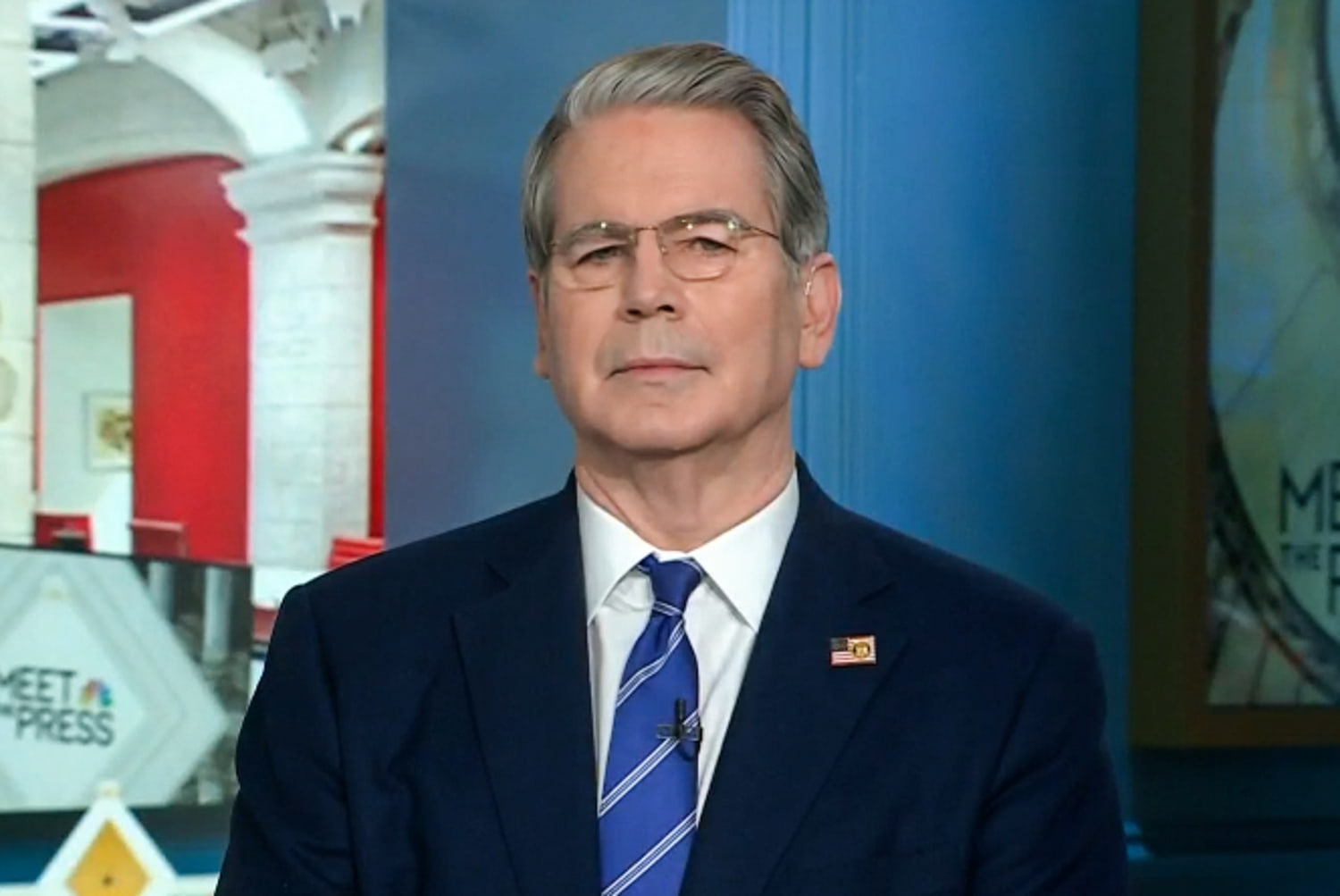
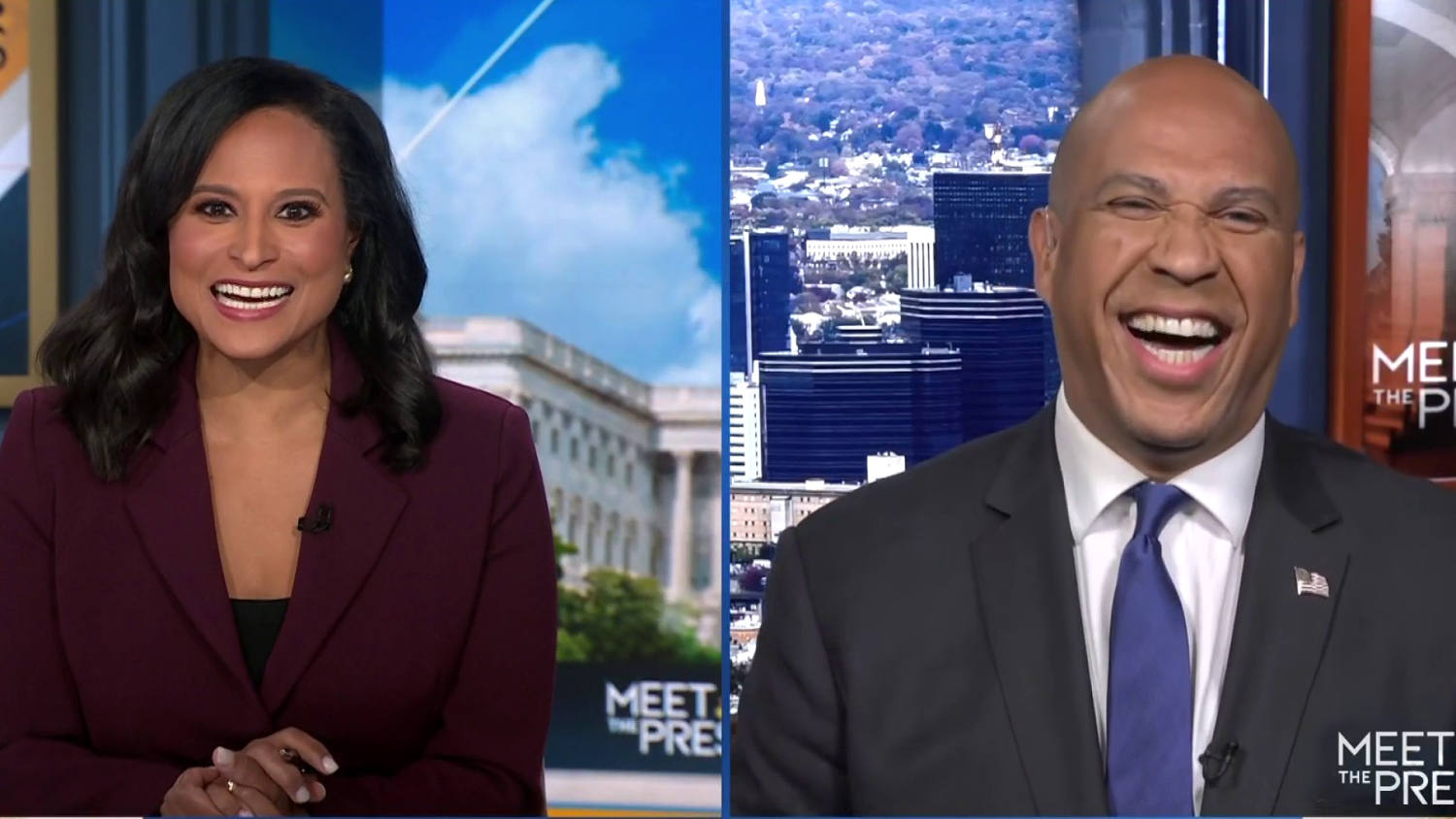
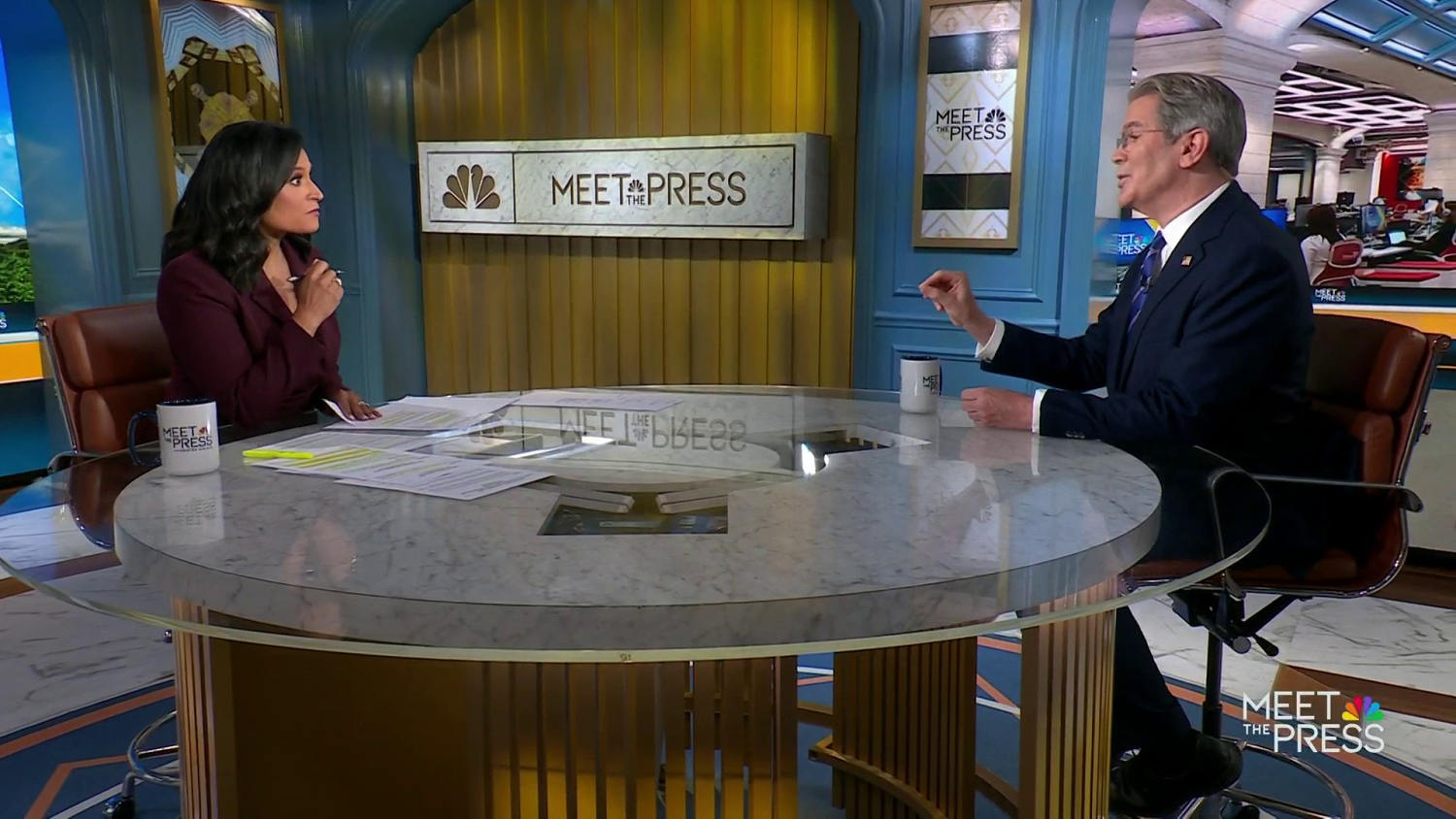
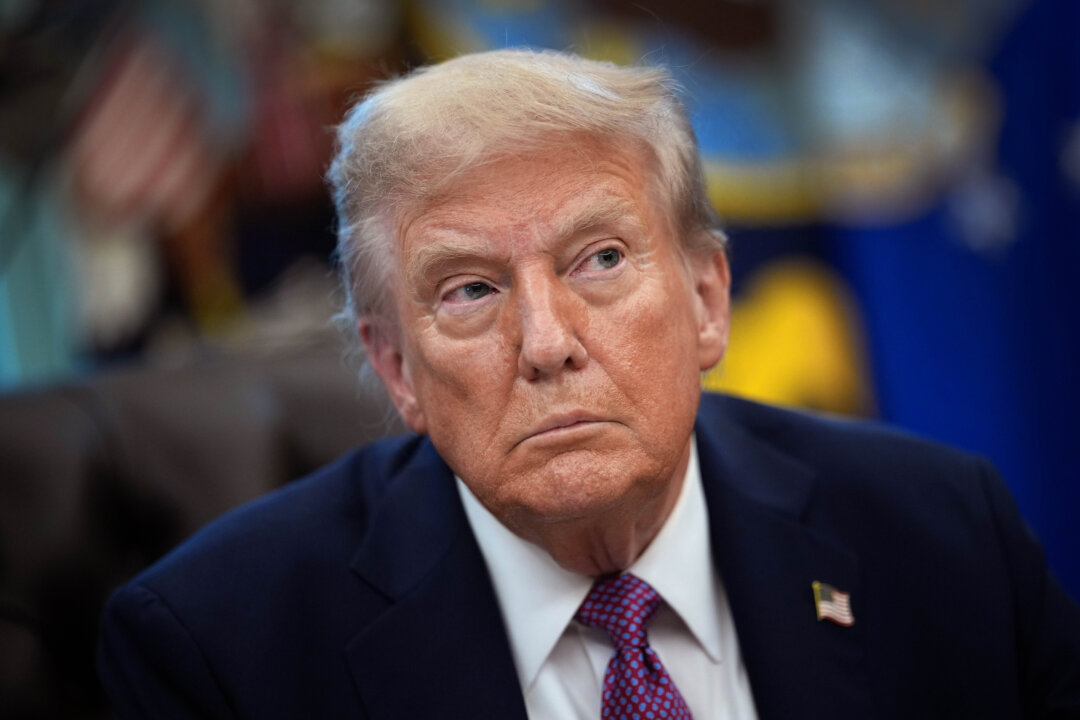
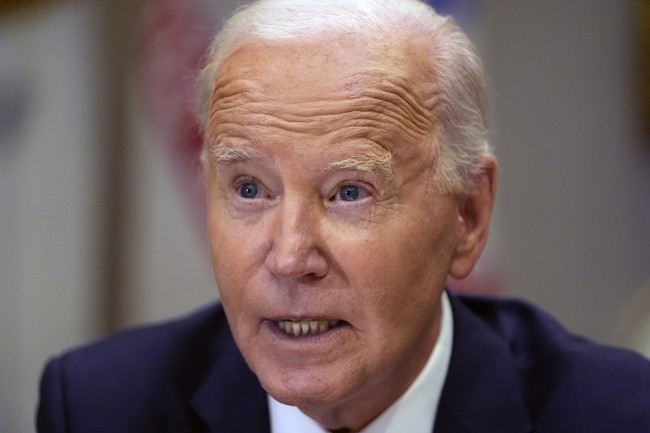
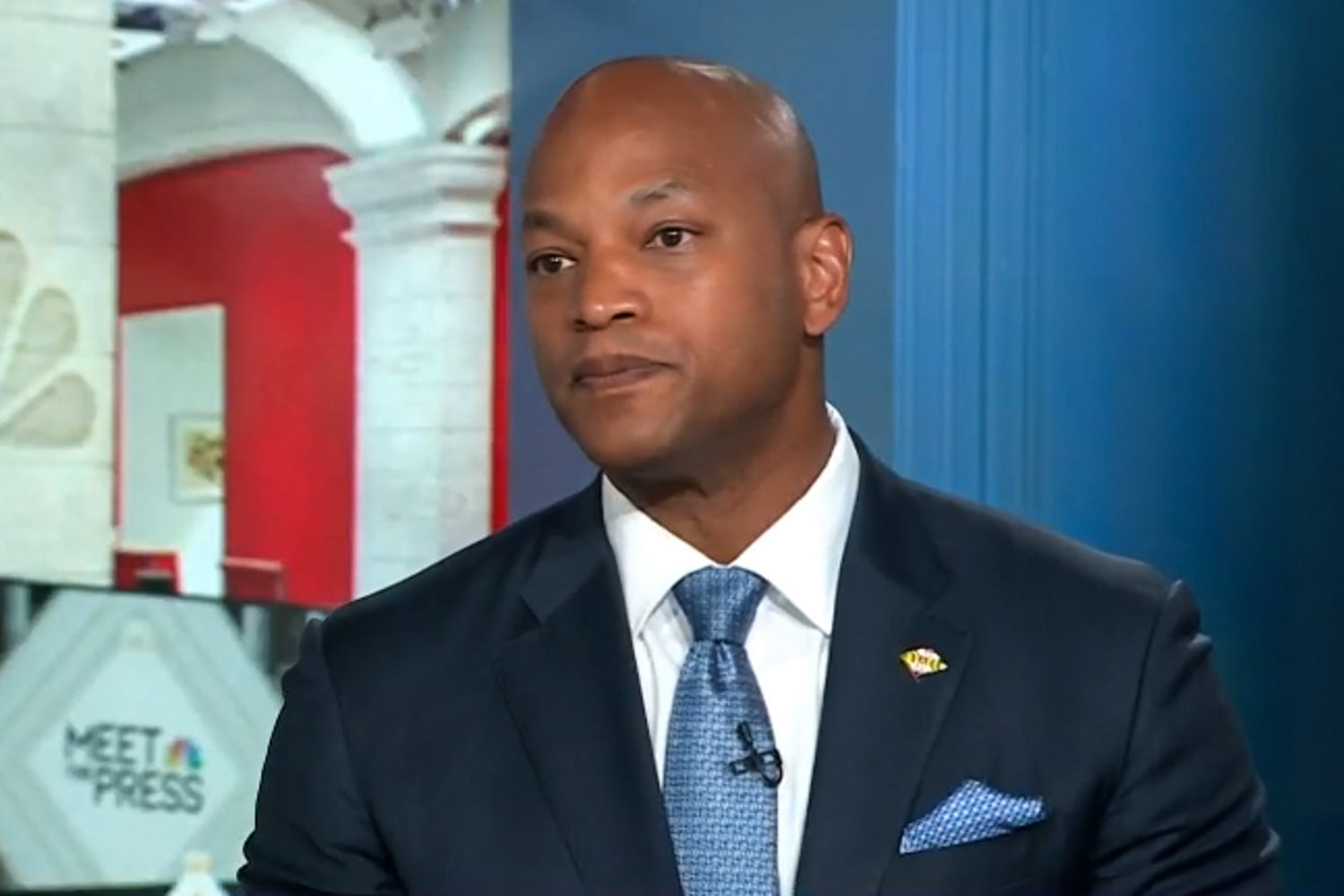

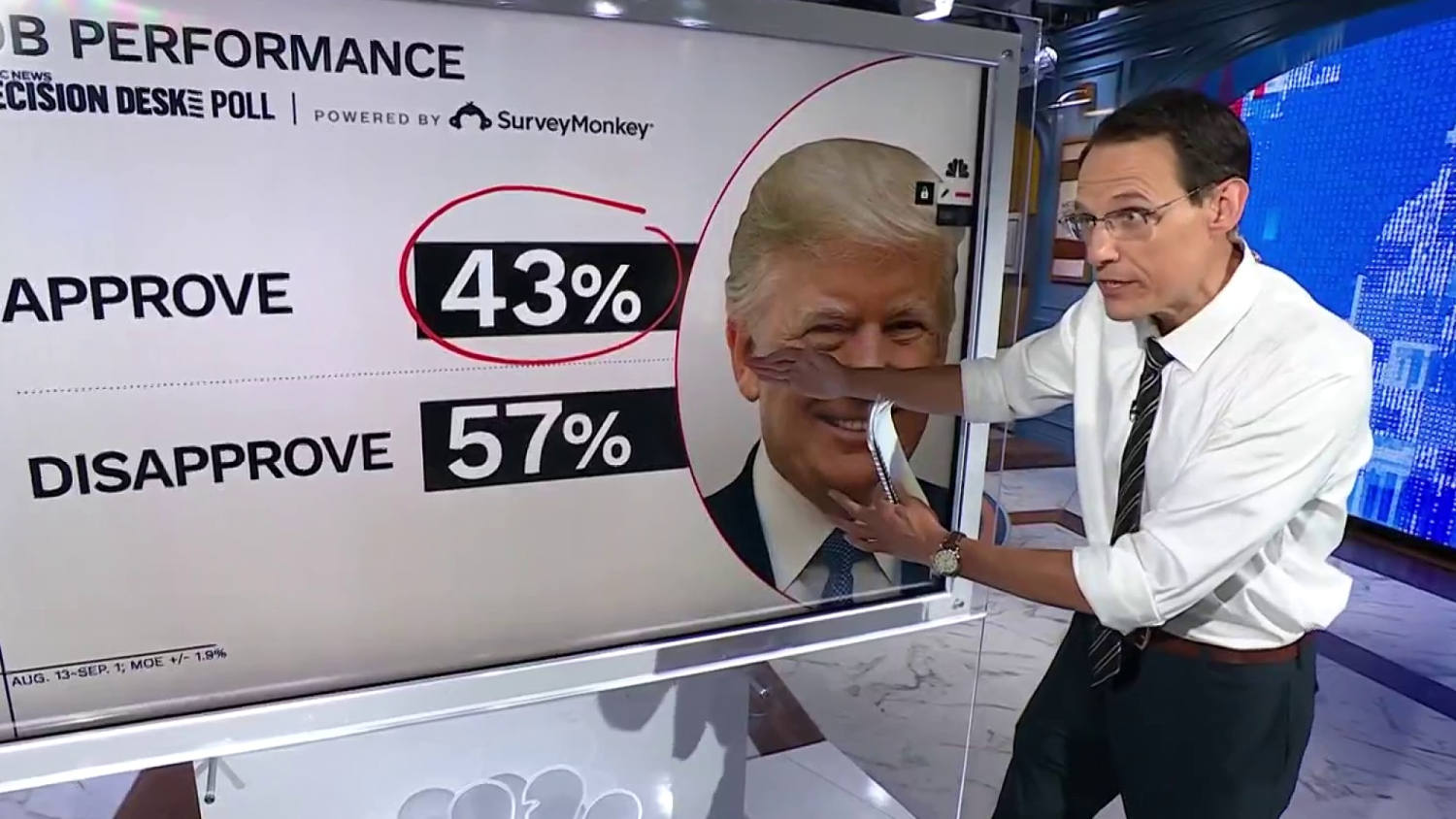


 English (US)
English (US)